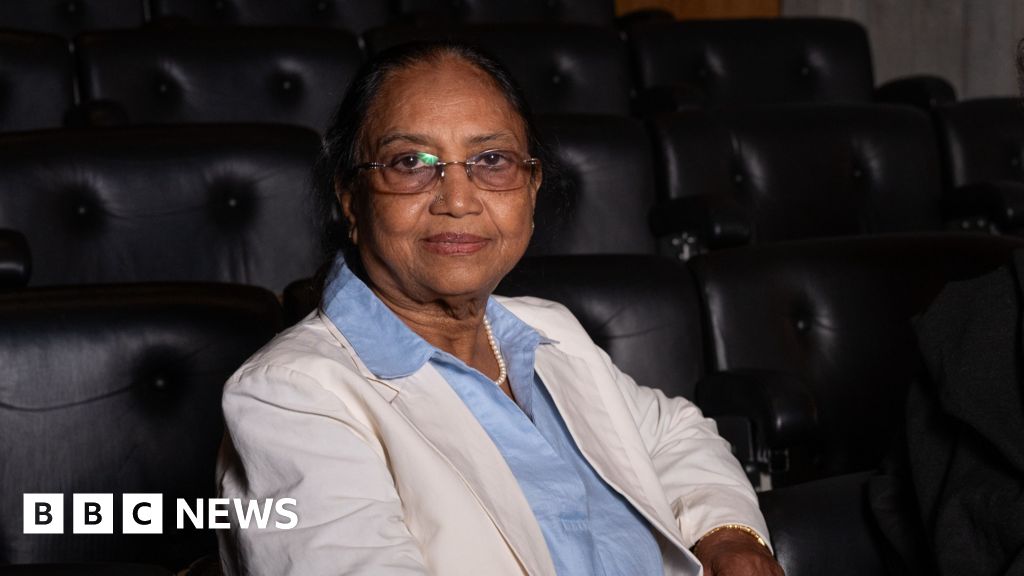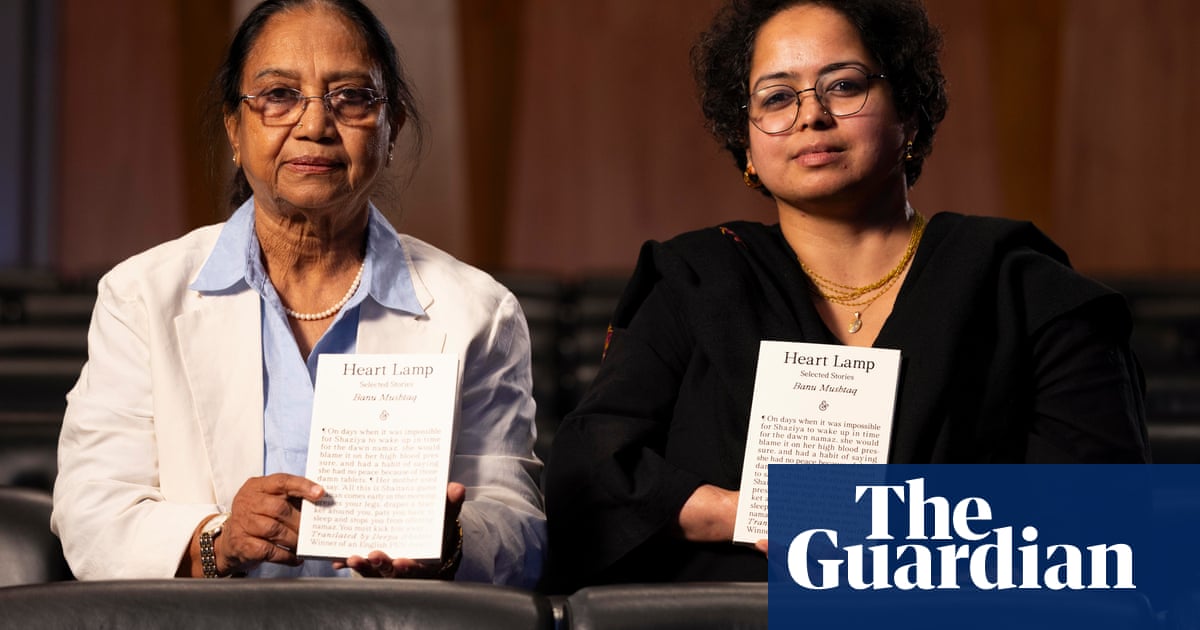Banu Mushtaq Wins International Booker Prize for 'Heart Lamp'
Indian author Banu Mushtaq and translator Deepa Bhasthi win the International Booker Prize for 'Heart Lamp', a collection of stories highlighting women's struggles in southern India.
Subscribe to unlock this story
We really don't like cutting you off, but you've reached your monthly limit. At just $5/month, subscriptions are how we keep this project going. Start your free 7-day trial today!
Get StartedHave an account? Sign in
Overview
Banu Mushtaq made history by winning the International Booker Prize for 'Heart Lamp', the first short story collection to secure the award. The book, translated by Deepa Bhasthi, features 12 stories chronicling the lives of women in southern India, exploring themes such as reproductive rights, faith, and oppression. Mushtaq's works are notable for providing nuanced representations of Muslim women's experiences, challenging societal norms and patriarchal structures. The win, announced at London's Tate Modern, includes a prize of £50,000, divided equally between Mushtaq and Bhasthi, highlighting their collaborative achievement in literature.
Report issue

Read both sides in 5 minutes each day
Analysis
- Banu Mushtaq's 'Heart Lamp' becomes the first short story collection to win the International Booker Prize, highlighting stories of women in Southern India.
- The book was translated by Deepa Bhasthi, with a focus on maintaining the original cultural context, making it a 'radical translation' praised for its unique texture in English.
- The prize win shines a light on the ongoing struggles and resilience of women, particularly in the context of patriarchal systems, capturing both the beauty and complexity of their lives.
Articles (5)
Center (3)
FAQ
No FAQs available for this story.
History
- This story does not have any previous versions.


